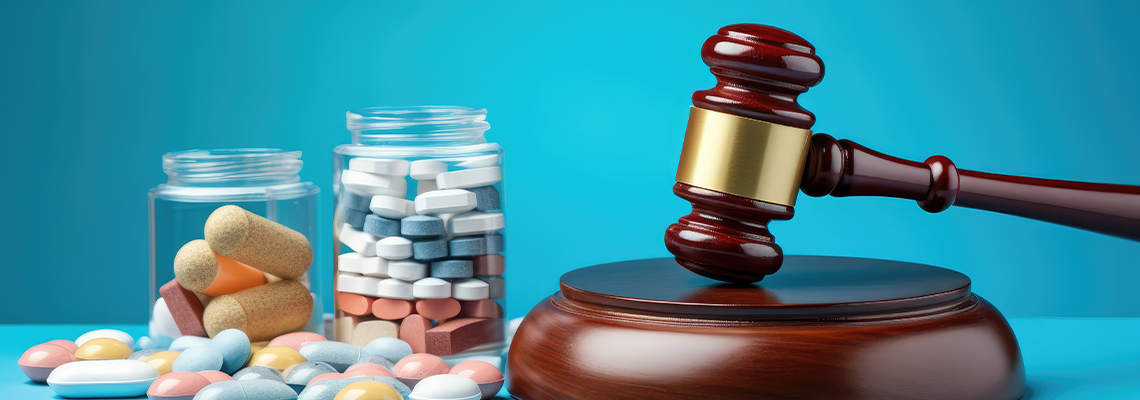When facing criminal charges, understanding the difference between a felony and a misdemeanor is critical. Felonies and misdemeanors carry very different consequences, and knowing what is at stake can make a big difference when planning a defense.
Penalties for Criminal Possession of A Controlled Substance in The 7th Degree
Criminal possession of a controlled substance in the 7th degree is a crime that occurs when an individual is found to possess a relatively small amount of an illicit substance. Individuals are more likely to be charged with possession in the 7th degree if they are drug users who buy only enough for personal use. Distributors will often be arrested while possessing a larger amount of an illicit substance than falls under this law.
Criminal possession of a controlled substance in the 7th degree is a class A misdemeanor. This means it can result in imprisonment for a period of up to one year. A conviction for a class A misdemeanor can also be accompanied by a fine of up to $1,000 and a driver’s license suspension.
If you have been charged with criminal possession of a controlled substance in the 7th degree, contact a trusted attorney as soon as you can.
Lawful and Unlawful Possession
There are two major exceptions to the law on possession of a controlled substance in the 7th degree. The first exception is when an individual possesses a trace amount of a controlled substance in a hypodermic syringe—under strictly defined circumstances.
If an individual possesses a residual amount of a controlled substance in a needle obtained from one of the State’s syringe exchange and access programs, it’s not a violation of this law.
Medical Emergency Exceptions
The second major exception is in the case of medical emergencies. The State of New York wants people to be able to seek medical care in emergencies, without having to be afraid that by doing so they might incriminate themselves. That’s why it’s not a violation if the controlled substance possession is discovered as a result of seeking medical care for oneself or for another individual who has overdosed.
Alternative Sentencing for Criminal Possession of A Controlled Substance in The 7th Degree
One possible alternative to jail time in a case of this kind involves the Drug Courts. In some situations, an individual will be given the option of pleading guilty to the charges in exchange for a reduced sentence and a program in the Drug Courts, which can ultimately result in dismissal of the charges and a clean record.
The purpose of the Drug Courts is to help reduce drug crimes through education and to help non-violent addicted drug offenders learn to live without the substances they’ve come to be dependent on. This includes treatment, therapy, and a contract the offender signs whereby they agree to the process. If you are arrested on a drug charge, ask an attorney whether the Drug Courts are a possibility.
Contact Us
Since 2014, the Law Office of Michael D. Litman has been representing the criminal defense needs of the citizens of White Plains, Westchester County, and the New York Metro area. With attorney Michael Litman defending his clients since 2007, we have the knowledge and the experience to help with all your drug charges.
If you have questions or need to set up a consultation, contact us online or call us today at (914) 268-6855. Our firm will work with you from the arraignment all the way through the trial of your seventh-degree criminal possession of a controlled substance case.
RECENT POSTS
Driving while intoxicated (DWI) charges in New York carry serious and lasting consequences. When someone pleads guilty or is convicted, the impact goes far beyond fines or jail time.




